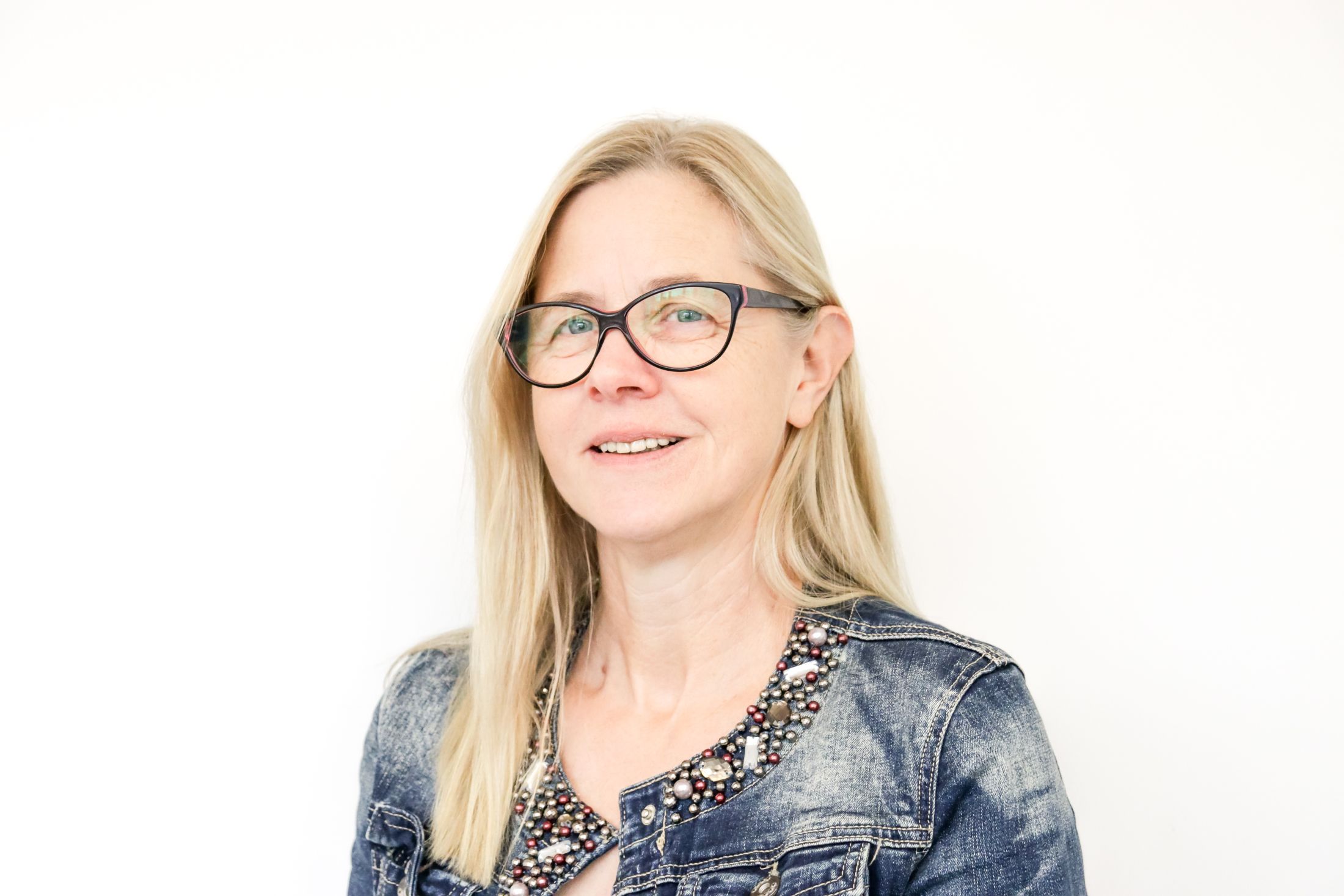QUALITY 1
Plant Quality for Human Consumption
The general public has become increasingly concerned about the quality of their consumed food, especially in terms of supporting human health, resulting in increased demand for food products enriched with health-promoting compounds. Thus, the research of QUALITY.1 focusses on the identification, quantification and characterization of secondary plant metabolites (PSM) such as (Se) glucosinolates and their breakdown products, phenolic compounds and saponins in (underutilized) plant species for developing new strategies in generating high-quality, plant-based food products.
Hence we are working on (I) identification of constitutive high concentration of specific protective PSM in (underutilized) plant species (project “Hortinlea”), (II) alteration of physiological processes in planta by targeted elicitor applications especially narrow-band (UVB) light (project “SEcondaRy UV”) and selenium implementation (seed funding by NZ, joint Catalyst Fund) for a tailored increase of protective PSMs, (III) elucidation on the PSM structure-specific biofunctionality in both plants and humans in freshly consumed and in processed food (projects “NutriAct” I, II, “OptiGluP”, “EnatGluPro”), and (IV) identification of new terrestrial or aquatic species adapted to saline and/or arid conditions for sustainable food production including the sustainable production of plant proteins (projects “Food4Future”, initiative “Proteins4Future”).
